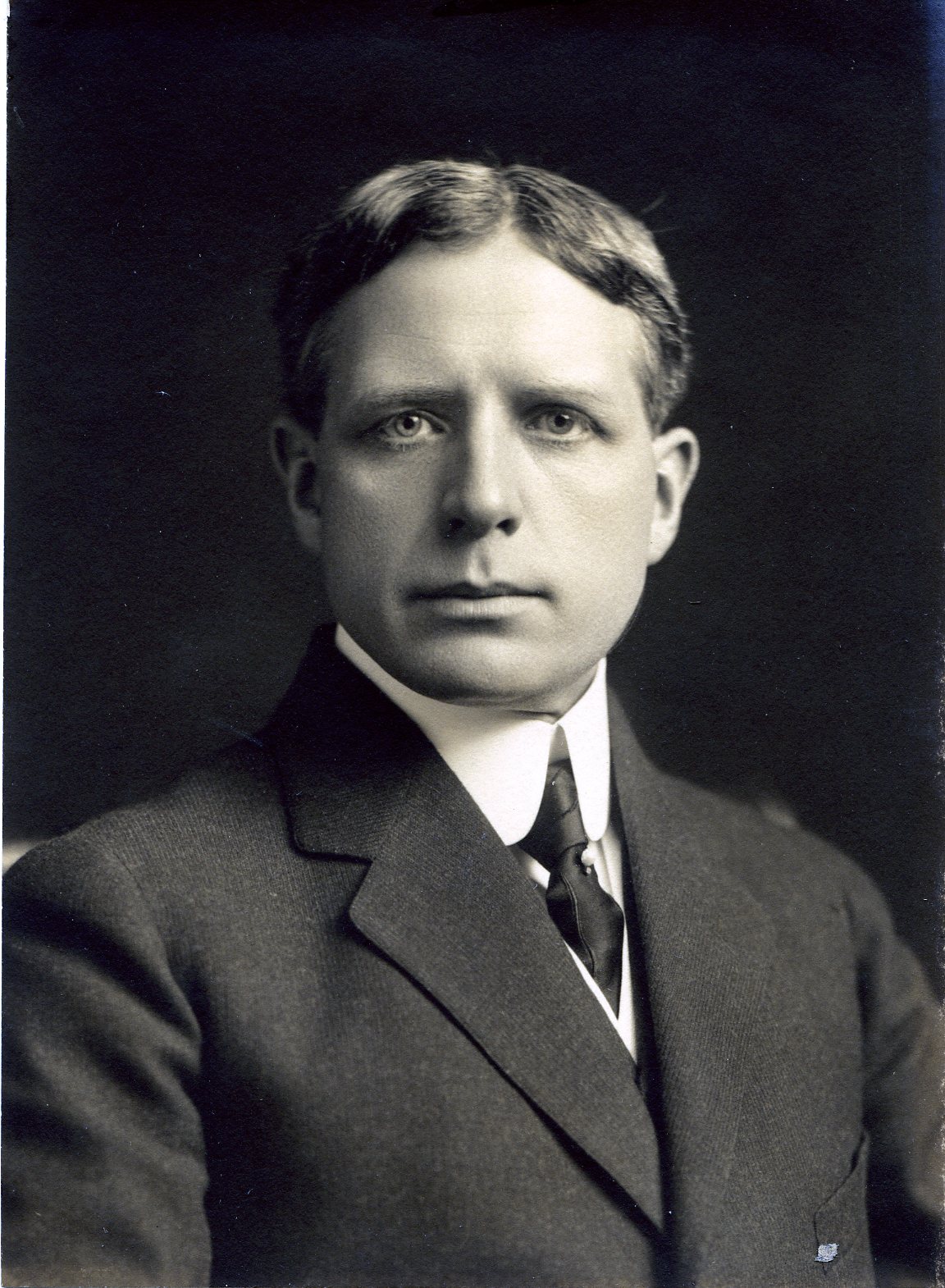Secretary to the President
Centurion, 1911–1949
Born 23 June 1867 in Belmont County, Ohio
Died 27 August 1949 in Southampton, New York
Buried Remsenburg Cemetery , Remsenburg, New York
, Remsenburg, New York
Proposed by George W. Wickersham and Francis Davis Millet
Elected 6 May 1911 at age forty-three
Archivist’s Note: Father of Charles D. Hilles Jr.
Century Memorial
Charles Dewey Hilles. [Born] 1867. Welfare worker, insurance executive, politician. A member of our Association for thirty-eight years.
The pinning of labels on men is pernicious business. At his death Charles Hilles was called, editorially, “an ultra-conservative.” But what does the record show? It shows that in his native Ohio he had managed an industrial school for boys so progressively that he was called to New York to greater opportunities in welfare work, and that fifty years later his ideas are yet leading the field. It shows that as Assistant Secretary of the Treasury under Centurion President William Howard Taft he, with Centurion Philip Sawyer, made the United States Treasury a modern institution. It shows that, as Mr. Taft’s Secretary, by his abilities and his charm he made the presidential secretariat the powerful institution for effective, democratic government that it is today. It shows that he was largely responsible for the nomination of Centurion Charles Evans Hughes for the presidency. It shows that he squelched a move to make Henry Ford a presidential candidate. It shows that he had large parts in the elections of Fiorello La Guardia as Mayor of New York. And, furthermore, I knew him in his capacity as a Trustee of the Foundation over which I have the honor to preside—a Foundation which I believe to be operating on the uttermost frontiers of knowledge and the arts—as a wise, unafraid, live-and-let-live, give-and-take, backer of progressive movements of the mind and spirit.
I have said that he was a politician and he was a good one; and the word is, in my book, a word of praise—for the good ones. That is to say, it is men like Charley Hilles who from our beginnings have made it come to pass that popular government has worked better in our country than anywhere else. The successful politician in this constitutional republic—patriotic, possessed of patience, tact, sharp brains, understanding of human nature and a sense of humor—oils the works. He is, almost by definition, the needed master of the arts of compromise which makes the Republic succeed.
He was tall, handsome, charming, courtly; his companionability was exceptional. His memory was capacious and tenacious. His stories were fabulously detailed and every word was pertinent. He kept every commitment he ever made. His response to human need was, from the heart, heart warming. His friendship was a thing of great value, undiluted by the number of us who called him friend.
Source: Henry Allen Moe Papers, Mss.B.M722. Reproduced by permission of American Philosophical Society Library & Museum, Philadelphia
Henry Allen Moe
Henry Allen Moe Papers, 1949 Memorials

